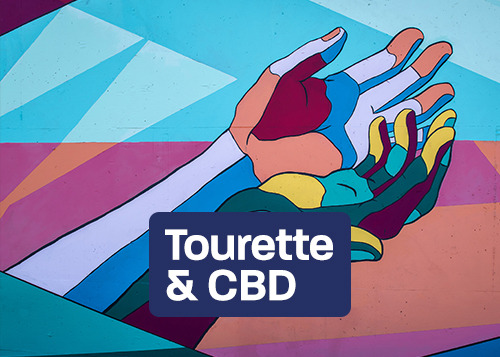The endocannabinoid system
How CBD works in the body.
The effective unfolding of the benefits of cannabinoids in the body is only little researched. What is certain is that it involves enormously complex processes. CBD, THC and similar compounds dock to certain receptors in the body, where they unfold their effect. These receptors form the so-called endocannabinoid system, or ECS for short. In the following article, we would like to briefly explain what this is all about.
•
Explanation of terms
- Endo or endogenous - internal, located in the body
- Exo or exogenous - external, supplied to the body from outside
- Cannabinoid - a chemical molecule with the basic characteristics typical of the active ingredients of the cannabis plant.
- ECS - abbreviated spelling for endocannabinoid system
- Endocannabinoid - a cannabinoid produced by the body itself
- Exocannabinoid - a synthetic cannabinoid or one produced by plants or animals
•
History of the ECS
Since the 1960s, CBD and THC have been known as exocannabinoids from the cannabis plant. In the 1990s, a research team led by Raphael Mechoulam discovered that there is also an endogenous processing system for these substances, and that our bodies can not only process cannabis compounds, but also produce such chemicals themselves. The first of these endogenous substances to be discovered by scientists is called anandamide.
•
Functions of the ECS
Research on exo- and endocannabinoids is still young, but it is known where cannabinoids exert their effects in the body:
In the nervous system:
Wherever there are nerves in the body, there are cannabinoid receptor cells. They are most densely present in the brain, but they are also numerous in the stomach and intestines. Here the cannabinoids dock and control inflammatory processes, pain, sleep, appetite, motility, body temperature and cell growth. The fact that CBD has enormous potential in the treatment of anxiety disorders, but also shows amazing success against Alzheimer's, Parkinson's, MS or epilepsy again and again, is only natural.
In the immune system
Cannabinoid receptors are also abundant on immune cells. The body's defenses against pathogens, toxins and contaminants are thus directly related to cannabinoids. Logically, then, CBD has shown immense potential as an antibiotic in recent studies.
In bone formation and bone healing
Cannabinoid receptors are also found in numerous numbers in cells involved in the formation and breakdown of bone. Some studies have already shown that CBD ingestion can accelerate bone healing.


